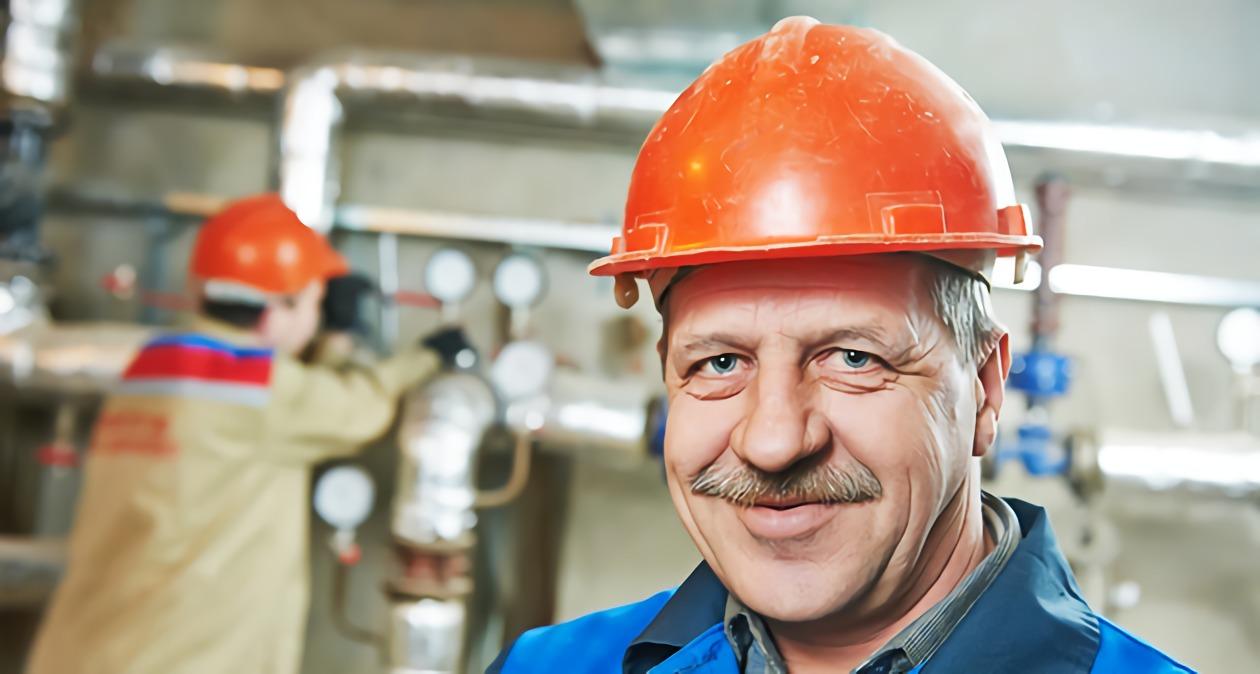RSI is a Great Training Option for Everyone
Learn more about how we can prepare you to advance your career.
An HVAC system that operates efficiently keeps utility costs down and your family comfortable when temperatures peak or plummet. While regular maintenance can keep heating and cooling units running properly, the equipment usually must be replaced every 10 to 15 years.[i] When it’s time for an HVAC update, homeowners should consider the following six suggestions.
Considerations when Replacing Outdated HVAC Equipment
1. Read HVAC Equipment Reviews
Heating and air conditioning equipment are big purchases. Before making a decision, research HVAC units using brand ratings and product reviews. Does the product do what the company says it does? Use sources other than the company’s website for unbiased reviews, such as Consumer Reports. Consult family and friends who’ve recently installed new units. A global Neilsen advertising survey revealed that 84% of people trusted word-of-mouth recommendations from friends and family and 68% relied heavily on online product reviews by customers.
2. Evaluate Which Equipment Is Best for the Home
All HVAC systems are different, and some may not work in your home. Someone with HVAC training, such as an HVAC contractor, can help you determine the right size unit by measuring the square footage of your home and completing a heat load calculation to decide which unit is best for you.
If your old system heated or cooled the entire house, you may want to consider HVAC zoning, which will allow you to keep only the rooms you’re using comfortable and, consequently, save money on utility bills. One high-efficiency option for homes that don’t have ductwork is a variable refrigerant flow (VRF) system. A VRF allows a single outdoor condensing unit to control multiple indoor mounted units.[ii] Another option is the split-ductless system.
3. Find a Professional HVAC Contractor
Choose a contractor with the right training and licenses. Most HVAC contractors and technicians have had formal training at a trade school, such as The Refrigeration School. It’s important to know what type of license a contractor holds and if he or she would need to hire other licensed subcontractors to cover additional work. This means the contractor could have to pay someone outside of the company, and the expense might be passed on to you. Verify all fees and charges before signing your contract.
Get Started on the Path to a New Career
Fill out our form to learn how we can help you change your life.
Most states require HVAC contractors to be licensed. Ask to see the contractor’s license to ensure he or she is working in compliance with your state’s laws.
4. Insulate and Seal the Home
Upgrading your HVAC system won’t make a difference if your house is not insulated properly. Before installing new heating and A/C units, check the insulation of your house. If your walls are not insulated well, hot air in the winter and cold air and the summer can escape. Check your windows. Insulating and sealing the cracks and openings in your home—including the ductwork—will increase the efficiency of your unit.
5. Install a Programmable Thermostat
Consider installing a thermostat you can program. Programmable thermostats can save you as much as 10 percent on heating costs a year. When you do, set it to decrease or increase the temperature by 10 to 15 degrees, depending on the season, to optimize energy savings.
6. Don’t Forget to Check the Electrical Wiring
Aging or faulty electrical wiring in your old HVAC equipment could pose a serious fire hazard. Another benefit of having a technician install the new system is that he or she will evaluate the electrical wiring. An HVAC professional will not only ensure that the unit is properly installed, but could also protect your home and family from the threat of a fire.
Additional Sources
[i] http://www.bls.gov/ooh/installation-maintenance-and-repair/heating-air-conditioning-and-refrigeration-mechanics-and-installers.htm#tab-6
[ii] http://www.seedengr.com/Variable%20Refrigerant%20Flow%20Systems.pdf
This blog has been labeled as archived as it may no longer contain the most up-to-date data. For a list of all current blog posts, please visit our blog homepage at https://www.rsi.edu/blog/




